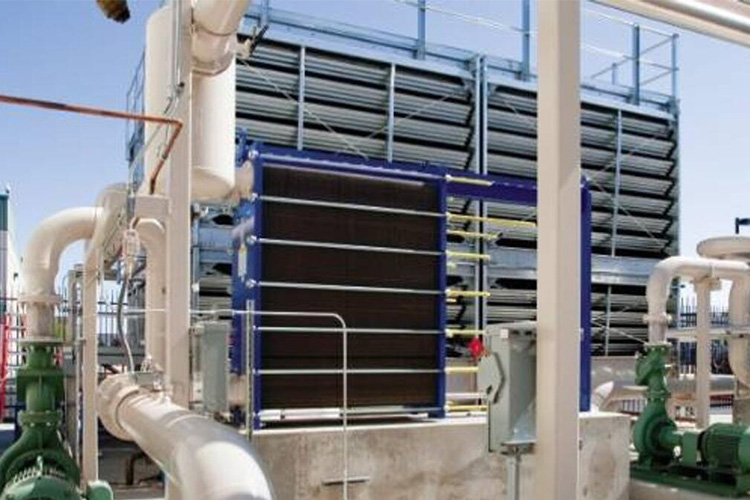

The new set of regulations will also impose penalties for poor energy performance.
June 16, 2022 | Staff Reporter | Dubai | Facilities Management

A new set of district cooling regulations will come into effect in Dubai later this year, reducing excessive billing and imposing penalties for poor energy performance.
"The grace period for the district cooling service providers and billing agents will expire on September 30, 2022, when the new comprehensive set of District Cooling Regulations comes into effect. Following this, we will supervise and monitor the activities of the district cooling companies to ensure compliance with the issued regulations," said James Grinnell, head of Water at the Regulatory and Supervisory Bureau (RSB) for the electricity and water sector in Dubai.
Grinnell was speaking at the Mena District Cooling Projects Conference held in Dubai on Wednesday.
The Bureau was established to regulate the Independent Water and Power Producers in the emirate and has also supported Dubai's Demand-Side Management (DSM) since 2013. In 2021, it received the mandate to regulate the district cooling sector, too.
RSB has so far issued 22 district cooling permits out of 24 applications among 28 companies. Among the billing agents, it has licensed 11 out of 12 applications and 11 service providers out of 12 applications.
District cooling is, by far, the most energy-efficient way to cool buildings in arid environments, and it uses 50 per cent less energy than air conditioners, thereby decreasing initial capital investment and maintenance costs.
The Regulatory and Supervisory Bureau asked companies to ensure that the last year's reduction in fuel surcharge is passed on to consumers. It also aims to ensure only one deposit will be allowed per unit – either from landlord or tenant, prohibit prolonged estimated billing, and fast replacement of faulty metres.
These new regulations will improve transparency and make stakeholders accountable to make the sector more efficient and customer-centric.
Grinnell said: "As per the new regulations, district cooling permit holders have obligations to develop and publish a customer charter and measure performance against it, clear engagement obligations when dealing with customers in arrears, obligation to deliver chilled water, prompt return of deposits, reduce the occurrence of excess contract capacity estimates; penalties for poor energy performance, obligation to monitor and report health and safety, etc."
After consultation with all the stakeholders, he said a set of to be implemented which will come into effect on September 30, 2022, when the grace period for the operators expires.